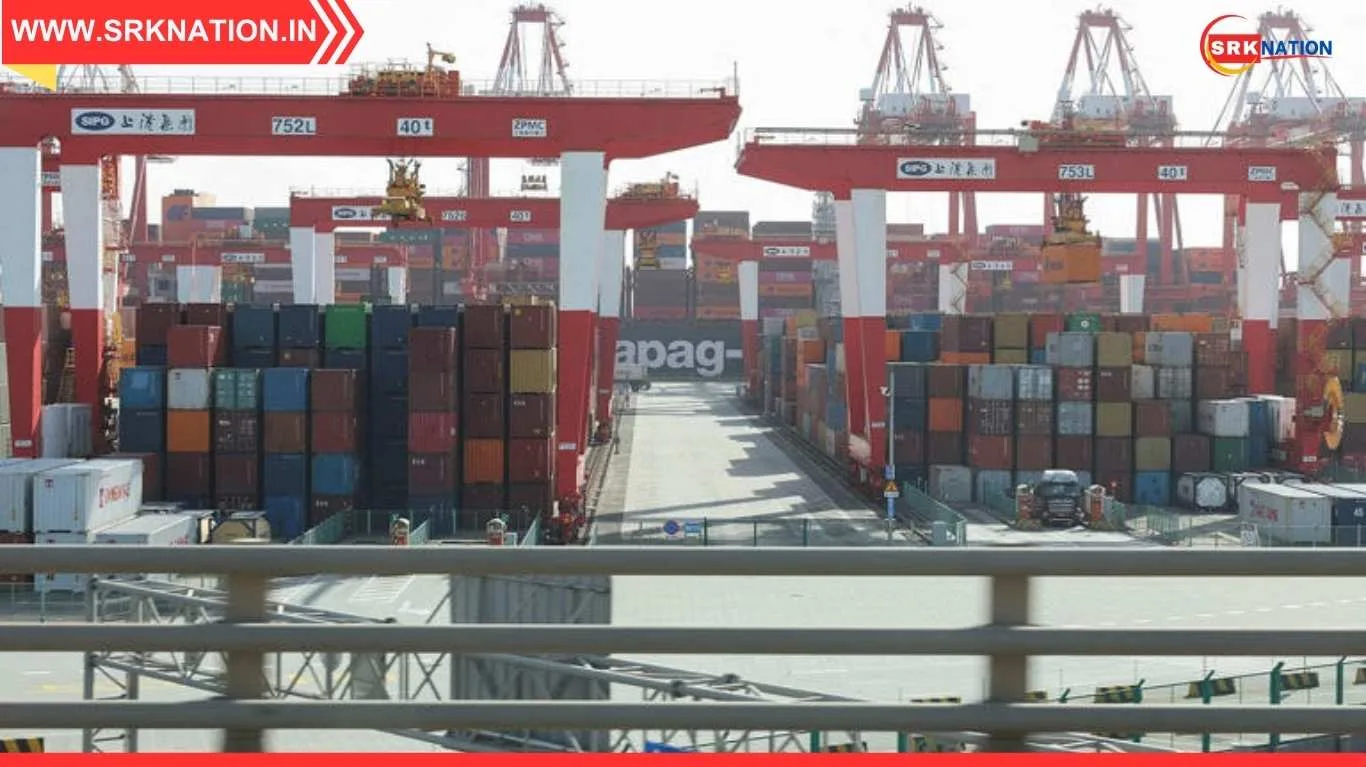The Indian government is preparing to roll out a new Credit Guarantee Scheme aimed at boosting the country’s export sector, with sources suggesting that eligible exporters could receive guarantees of up to ₹50 crore each. The initiative is expected to provide a significant cushion for exporters facing challenges in accessing affordable credit, especially small and medium enterprises (SMEs) that form the backbone of India’s export ecosystem.
This scheme is part of the government’s broader strategy to strengthen India’s position in global trade, enhance competitiveness, and support exporters in navigating volatile international markets.
Why the Scheme Matters
Exporters often face difficulties in securing loans due to high risk perceptions among banks and financial institutions. The new scheme seeks to address this by offering government-backed guarantees, thereby reducing the risk for lenders and improving credit flow to exporters.
Key objectives include:
- Enhancing liquidity for exporters.
- Reducing collateral requirements for SMEs.
- Encouraging banks to extend larger credit lines.
- Strengthening India’s export competitiveness in global markets.
Proposed Features of the Scheme
| Feature | Details |
|---|---|
| Maximum Guarantee | Up to ₹50 crore per eligible exporter |
| Target Beneficiaries | SMEs, mid-sized exporters, large firms in priority sectors |
| Coverage | Export-related loans, working capital, term loans |
| Guarantee Provider | Government-backed credit guarantee fund |
| Implementation | Through banks and financial institutions |
| Timeline | Expected rollout in FY26 |
Impact on Exporters
The scheme is expected to benefit exporters across sectors, particularly those in textiles, pharmaceuticals, engineering goods, and IT services. By reducing the burden of collateral and improving access to credit, exporters can focus on scaling operations and exploring new markets.
| Sector | Potential Benefit |
|---|---|
| Textiles | Easier access to working capital for raw materials |
| Pharmaceuticals | Funding for R&D and global compliance |
| Engineering Goods | Expansion into new geographies |
| IT Services | Support for overseas delivery centers |
Government’s Broader Export Strategy
The Credit Guarantee Scheme is part of a larger framework to achieve India’s ambitious target of $2 trillion in exports by 2030. Other initiatives include:
- Production-Linked Incentive (PLI) schemes for manufacturing.
- Trade agreements with key partners to reduce tariffs.
- Digital platforms for exporters to access global markets.
- Infrastructure upgrades at ports and logistics hubs.
Banking Sector’s Role
Banks and financial institutions will play a critical role in implementing the scheme. With government guarantees in place, lenders are expected to reduce risk premiums and extend more favorable terms to exporters.
| Benefit to Banks | Impact |
|---|---|
| Reduced Risk | Government guarantee covers defaults |
| Increased Lending | More confidence to extend credit |
| Enhanced Portfolio | Growth in export-related lending |
| Stronger Relationships | Long-term partnerships with exporters |
Challenges Ahead
While the scheme is promising, certain challenges must be addressed:
- Verification of eligibility to prevent misuse.
- Ensuring timely disbursement of guarantees.
- Monitoring repayment behavior to maintain financial discipline.
- Balancing risk between government and banks.
Comparative Global Practices
Several countries have similar credit guarantee mechanisms to support exporters. India’s scheme is expected to align with global best practices.
| Country | Scheme | Guarantee Limit |
|---|---|---|
| South Korea | Export Credit Guarantee Fund | Up to $10 million |
| Japan | Trade Insurance Program | Variable, sector-specific |
| Germany | Export Credit Guarantees | €50 million+ |
| India (proposed) | Credit Guarantee Scheme | Up to ₹50 crore |
Conclusion
The government’s proposed Credit Guarantee Scheme offering up to ₹50 crore per exporter could be a game-changer for India’s export sector. By easing access to credit, reducing collateral requirements, and encouraging banks to lend more aggressively, the scheme has the potential to unlock new growth opportunities for exporters.
As India aims to expand its global trade footprint, this initiative will play a pivotal role in supporting SMEs and large exporters alike, ensuring that financial constraints do not hinder the country’s export ambitions.
Disclaimer: This article is based on publicly available information and industry sources. Readers are advised to follow official government notifications for verified details.











